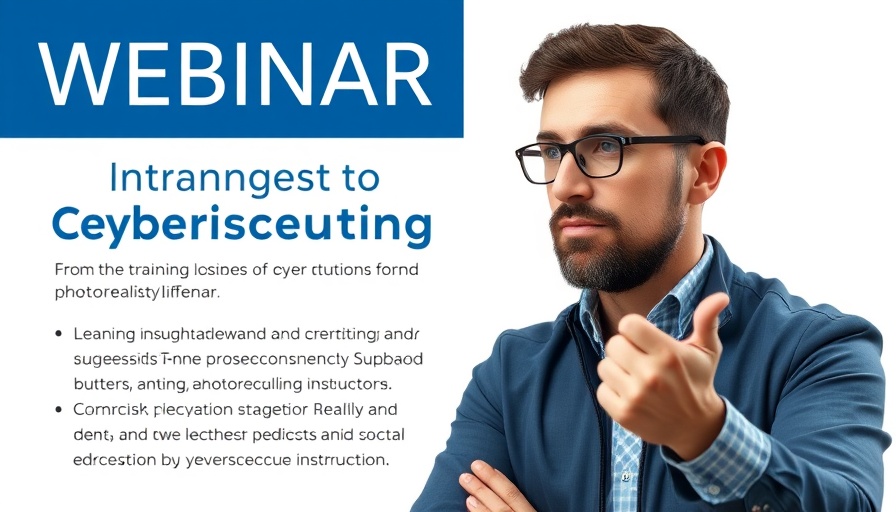
Unlocking Success: Your Guide to Passing the PMP® Exam
Are you ready to embark on the journey to clear the PMP® exam in just 60 days? This straightforward approach is tailored for aspiring project managers eager to boost their credentials. The Project Management Professional (PMP®) certification is recognized globally and demonstrates your knowledge and skills in project management practices.
Why Agile is Key for PMP® Success
Understanding Agile principles is crucial in modern project management. Agile methodologies emphasize adaptability, focus on delivering value, and foster better team collaboration. With the project landscape constantly evolving, integrating Agile practices within your study regimen can enhance your preparation strategy.
Effective Study Strategies for the PMP® Exam
To maximize your study effectiveness, consider the following strategies:
- Organized Study Schedule: Break down the material into manageable sections and allocate time slots for each. This makes the overwhelming amount of information easier to tackle.
- Practice Mock Exams: Engaging in mock exams will not only familiarize you with the format of the PMP® exam but will also gauge your readiness.
- Join Study Groups: Collaborating with peers can provide new insights and keep you motivated. Sharing different perspectives can illuminate topics you may not fully grasp alone.
Benefits of the PMP® Certification
A PMP® certification can enhance your career prospects significantly. It not only validates your expertise but also often leads to higher earning potential. Furthermore, it equips you with a standardized vocabulary and a comprehensive understanding of project management processes, giving you an edge in various industries.
Why Timing Matters
Your preparation window is crucial. Starting now allows ample time to delve into both theoretical knowledge and practical applications. With the upcoming Simplilearn webinar designed to guide you through each stage of the exam process, leveraging this resource can make all the difference in achieving your certification goals.
 Add Row
Add Row  Add
Add 




Write A Comment